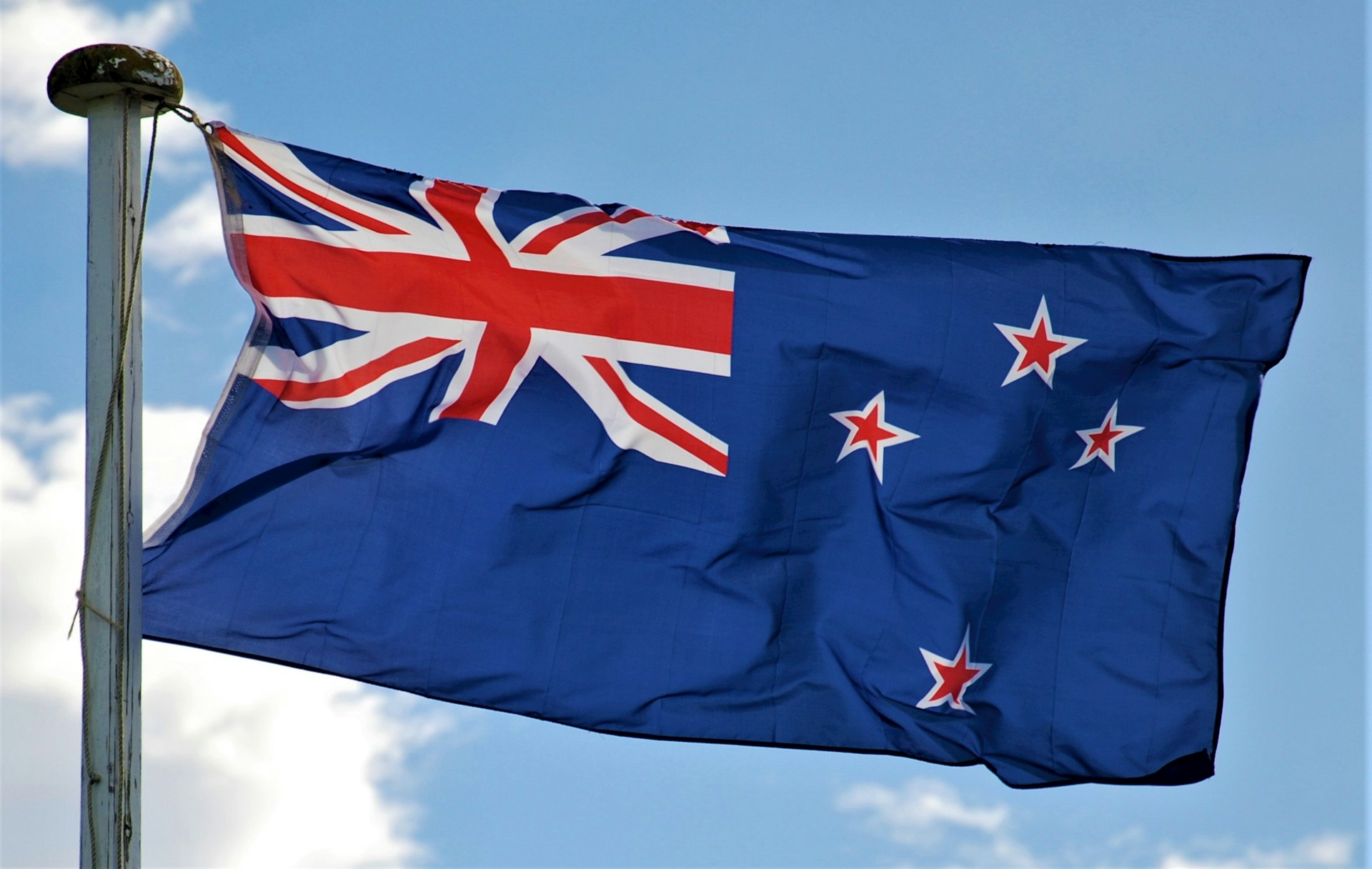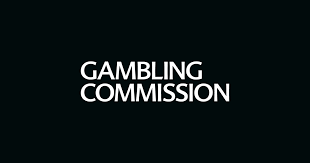New Zealand’s Online Casino Bill was read for the first time last week, and could change the iGaming market in the country forever.
The proposed iGaming bill could change the way gambling is regulated in the country. Back in July 2025, the bill passed its first reading and gained widespread interest. A recent landmark vote in California saw another important bill grow closer to being written into law, and this bill is no different.
However, the bill doesn’t intend to ban gambling; it aims to set a structured and straightforward legal framework to regulate gambling in New Zealand.
But what rules will the bill enforce, and what will happen if it becomes law?
What Does The Online Casino Bill Intend To Do?
We’ve mentioned the bill’s intention, but what will it do? The bill will set up a new licensing structure for betting operators and online casinos in New Zealand. Controversially, the bill would auction off 15 online casino licenses to interested operators. Regulated operators would have the chance to bid for the licenses, and if successful, they’d be granted a three-year license to operate in New Zealand, with the opportunity to extend.
Those who want the casino licenses will submit business plans to the Department of Internal Affairs. They will talk about how they will operate. Betting giants Bet365 and 888 have already shown interest in the licenses up for grabs.
Back in June 2025, the bill was introduced by the Minister of Internal Affairs, Brooke van Velden.
As a whole, the bill will regulate the online casino industry. Also noted in the bill are restrictions on advertising. Unlicensed operators could be fined up to $3 million NZD.
Is There Anything Else The Bill Seeks To Do?
To become licensed in New Zealand, operators will follow a three-step formal process.
- Operators are invited to express interest in the 15 casino licenses.
- They then bid for those places, once they are verified by the Department of Internal Affairs.
- They submit formal applications to operate in New Zealand.
Also proposed in the bill is the fact that the department will have full control of regulating casinos in New Zealand. Aspects of control they will oversee include licensing, creating an operator registry, and issuing formal warnings if operators breach these rules.
Rules are set out that operators must follow. They have to try to protect gamers and minimise problem gambling by banning those with problematic gambling habits.
Furthermore, the bill prohibits offering credits to gamblers to use on games, and prevents any games that resemble the National Lottery from being included in gaming libraries.
What Does The Bill Mean For New Zealand’s Online Casino Industry?
For the online casino industry, the bill is a positive thing. By regulating the industry, online gambling will be made safer for New Zealand players. If the bill passes into law, there will be less of a need for black market gambling, and money will be funneled back into the New Zealand economy because it is being spent legally.
Gambling reform also helps to generate new foreign interest in the New Zealand gambling sector, which means more opportunities for international partnerships. The bids proposed by the bill have seen increasing international interest since the plans were announced in the summer, showcasing New Zealand as an alluring foreign market for betting.
For providers, this is a positive thing as all games will have to comply with laws set by the Department of Internal Affairs. In the long run, this makes their business in the country stable because games are less likely to be blocked, and they will be inspected. Therefore, more providers who do not currently serve the New Zealand market may want to get their games into casinos in the country.
Although the market may be competitive due to the limited licenses available, it will be a goldmine for licensed casinos. Whether these will include big companies or smaller ones will depend, but overall, it could be a big milestone for the casino industry in New Zealand.
Now the bill is being scrutinised by the public, as people and businesses are being asked for their opinions on the matter. If the bill is to pass, it will be likely become law by early 2026, but this has not been announced.














